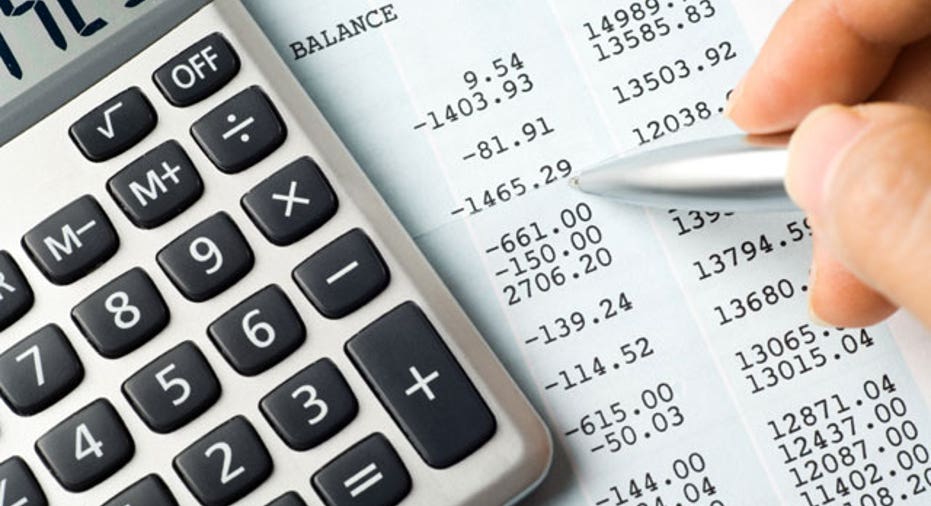Tax Tips: The 7 Things to Do Before January 1

Although springtime and warm weather may seem distant, tax season will be here before you know it. With 2010 on its way out, here are the seven things you can do now to get your taxes in order before January 1 -- to make life easier when it’s time to file your return, and maybe even to save some cash.
1. Get organized. By January 31, taxpayers should have all of their W-2 paperwork in hand, and according to Mark Steber, chief tax officer at Jackson Hewitt, there is no reason to wait to file your return in 2011. “Make a plan to get your returns started early,” Steber said. “Gather your documents and file by a certain date.” Last year’s refunds averaged around $3,000, according to the Internal Revenue Service.
2. Make charitable contributions. Those who make contributions before January 1 can deduct their donations for 2010. Bob Scharin, senior tax analyst from Thomson Reuters, said even those who may be short on cash should consider making a contribution by credit card. “If you charge the donation by December 31, you still get your 2010 deduction — even though you won’t pay your bill till 2011,” Scharin said. This tip is only for those who itemize their taxes.
3. Harvest tax losses from your investment portfolio. Scharin said taxpayers should look through their investments to search for stocks showing a paper loss. If you can sell before year’s end, you can deduct that loss from your capital gains, he said.
4. Make your final Estimated Tax Payment in advance. Those who make state and local estimated tax payments four times per year (typically retirees or those who are self-employed) should step up and make their January 15 payment before year-end, Scharin said. “If you pay early, you can deduct the payment on your 2010 return,” he said, noting that this is only for those who itemize their return and are not subject to the Alternative Minimum Tax.
5. Reflect on your life changes. Don’t wait until you are with your accountant to recall everything that may or may not have changed for you this year, Steber said. “Did you become self-employed? Displaced?” he said. “Did you get married or have a child? Review your year in advance.” All of these factors will affect how you file your return for 2010.
6. Empty your Flex Spending Account [FSA]. All contributions to FSAs must be used by the end of the year or the money will be lost. Although some employers extend the period a few extra months, Scharin said it is best for taxpayers to use the cash before January 1. For health-care FSAs, 2010 is the last year that reimbursements will be given for over-the-counter medication. “If you want to stock up on aspirin or cold remedies, this is the time to do it,” he said.
7. Convert to a Roth IRA. Those who convert before the end of the year can delay paying taxes on whatever money is moved from a traditional IRA to a Roth IRA, Scharin said. By doing so, half will be taxed in 2011, and the other half will be taxed in 2012. Those who wait to convert in 2011 will be subject to paying full taxes on the amount converted in 2011.



















